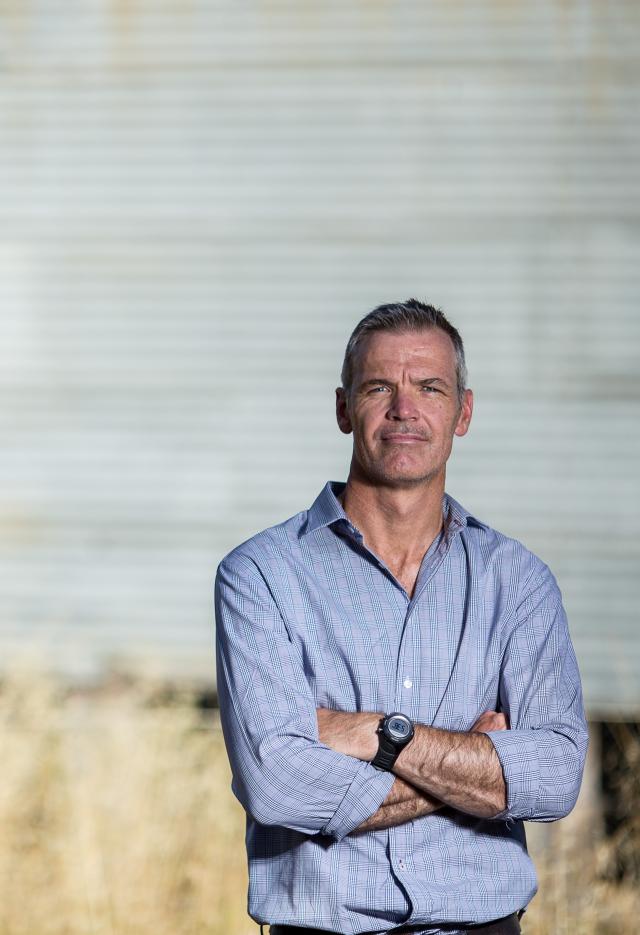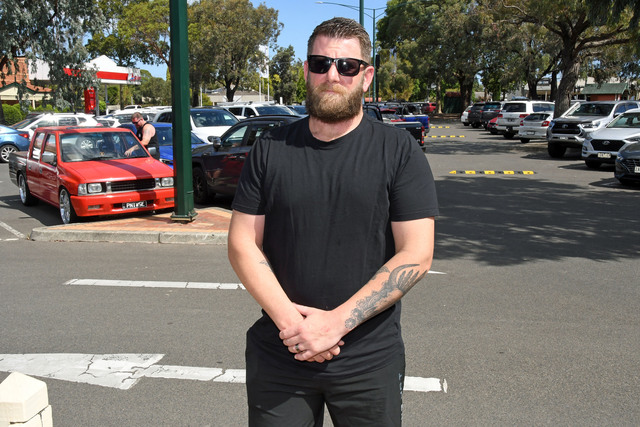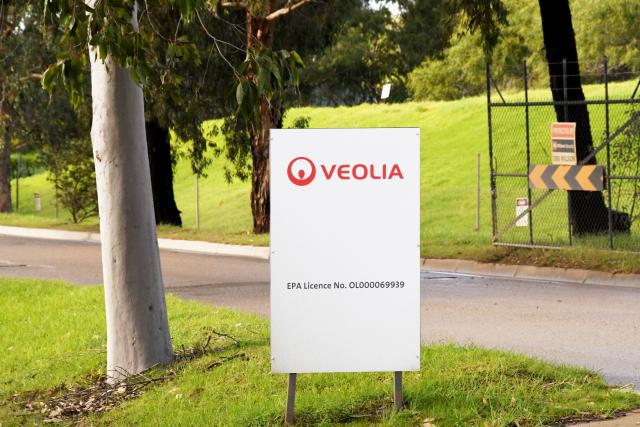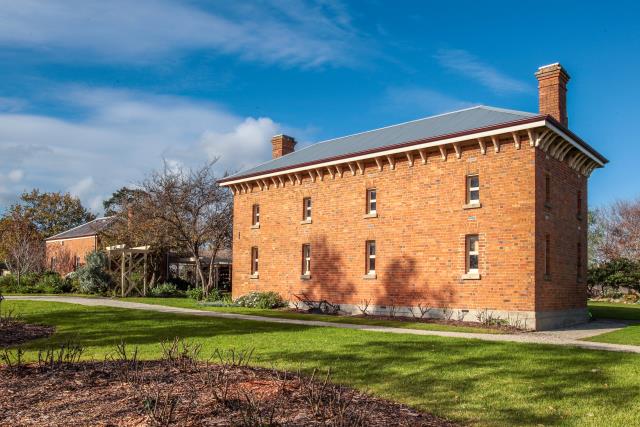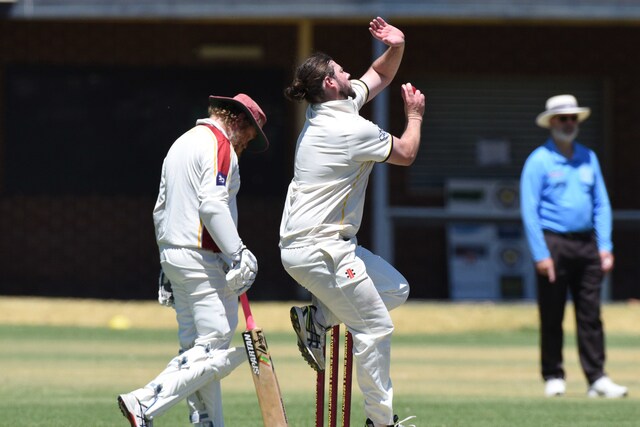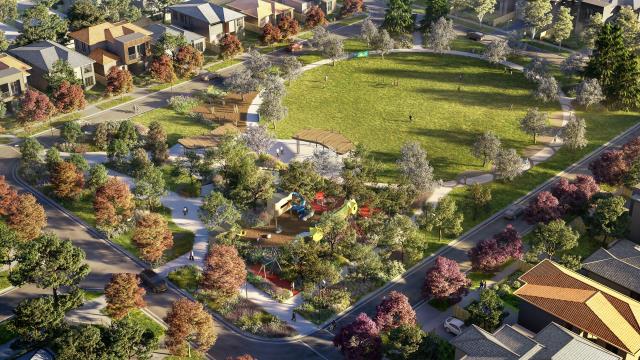The National Farmers’ Federation (NFF) has called for the Federal Government to continue constructive consultations with agriculture as part of any Global Methane Pledge.
As more than 100 countries around the world, including the EU, the US, and Indonesia pledge a 30 per cent global cut in methane emissions by 2030, the spotlight has fallen on Australia to follow suit.
A “burp tax” was recently introduced in New Zealand, which charges farmers for methane emissions caused by livestock, in light of the pledge.
This also applied to the Netherlands, where farmers protested in the streets after the government announced proposals to tackle nitrogen emissions which would lead to radical cuts in livestock and the closure of more than 11,000 farms.
NFF chief executive Tony Mahar said the industry is committed to avoiding similar outcomes in Australia.
“Recent commentary that Australia is going to sign up to the Global Methane Pledge has given some farmers cause for concern,” Mr Mahar said.
“We won’t support any outcome that would lead to a reduction in livestock numbers, and we’ve had assurances from government on that front.”
Mr Mahar said the best way to reduce these emissions was to distribute cost-effective technology solutions and not to pursue punitive taxes or regulate farmers out of existence.
“Agriculture and farmers are critical players in the climate change discussion and what we have seen overseas is commitments that will compromise the ability for the agriculture sector to grow,” he said.
“We want to learn from those scenarios and make sure industry and government work together to enable sustainable growth.”
Mr Mahar said although the new tax for New Zealand was not due to begin until 2025, the effects by 2030 were estimated that many farmers would be paying between $15,000 and $50,000 annually, forcing many to leave the industry.
“Ultimately, punitive regulatory measures in isolation only serve to provide perverse and weaker outcomes for everyone and we do not want to see farmers protesting because they were not adequately consulted prior to the announcements of schemes that challenge their very existence,” he said.
“We have engaged with the Federal Government on this and been promised genuine consultation, that needs to continue in a detailed way if rural and regional Australia is going to prosper.”
Methane emissions – which come from natural gas, open pit coal mines, and livestock – are the second-biggest cause of climate change behind carbon dioxide (CO2).

